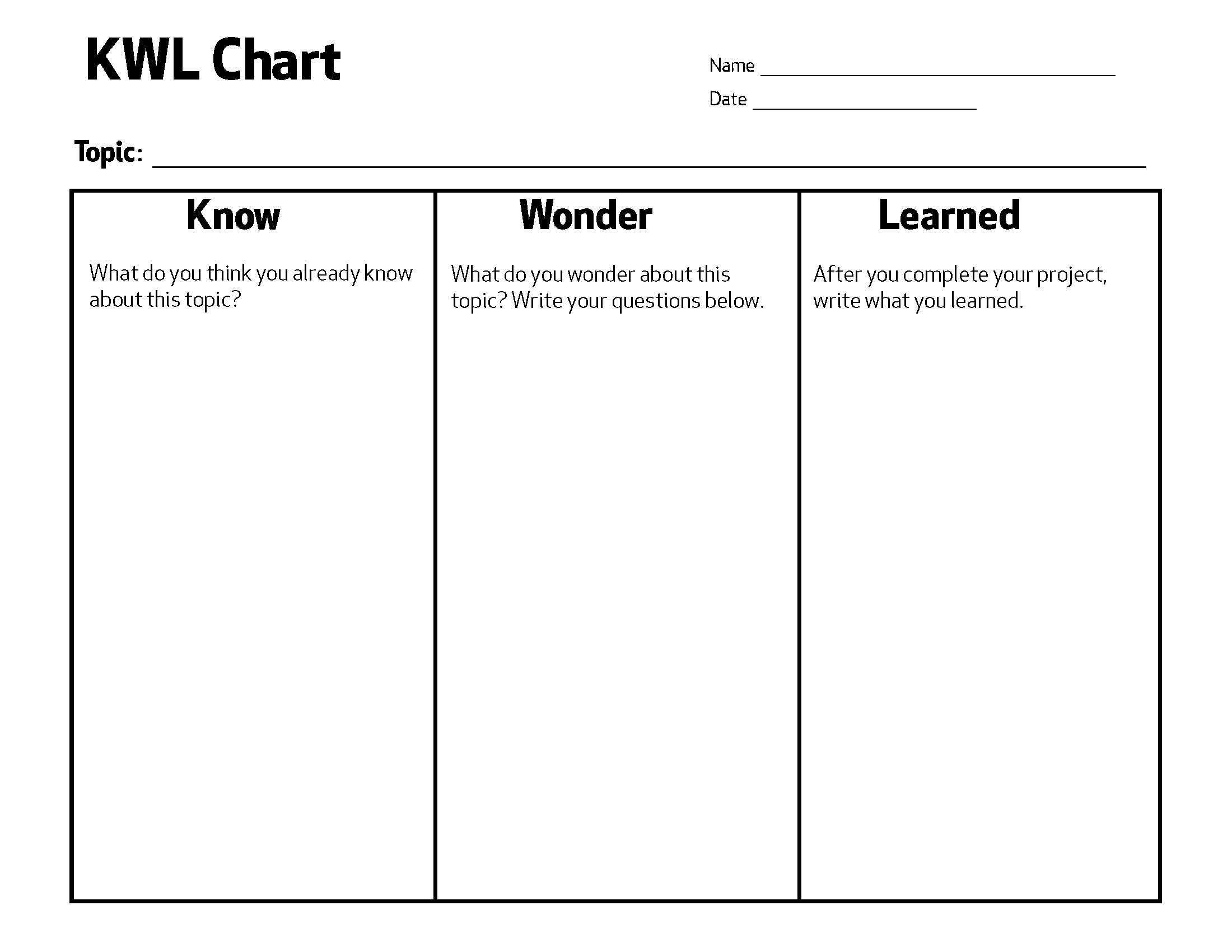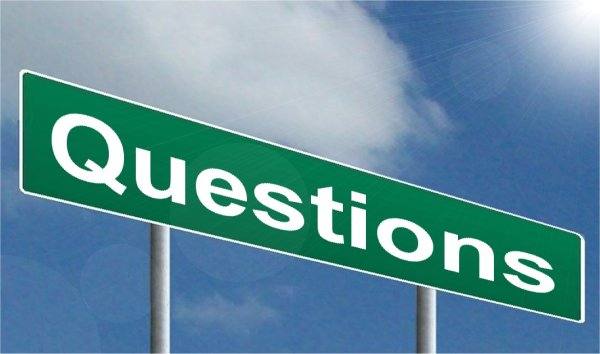I saw a recent statistic that startled me. Teachers ask more than 400 questions a day (source). That’s a lot of questions! But it’s the accompanying statistic that really floored me. Ted Wragg’s 1993 research found that an average of just one spontaneous question each lesson came from the students, and that was more likely to do with procedure than with learning (source). So the “experts” who already know the content matter appear to own the learning as they control what questions are asked about it. That just doesn’t make sense!
There are a million reasons why students don’t display more curiosity in class. We’ve trained them to passively wait for the information we want them to have; they’re afraid of looking stupid in front of their peers; they don’t care about the content enough to ask; and more. That doesn’t really matter. What does matter is that the students should be directing the learning by trying to find answers to THEIR questions about the content. Which means that THEY need to be asking the questions!
In the Old Days
 In the past, good teachers tried to get students more curious about the learning by having them complete a KWL chart. At the beginning of a new unit, this chart has a student make a list of what he already KNOWS about the topic, what he WANTS to learn about it, and then, after the unit is over, what he LEARNED.
In the past, good teachers tried to get students more curious about the learning by having them complete a KWL chart. At the beginning of a new unit, this chart has a student make a list of what he already KNOWS about the topic, what he WANTS to learn about it, and then, after the unit is over, what he LEARNED.
While this was a good first step, it didn’t go far enough. And usually, once the first two sections were completed, the student didn’t look at the chart again until the unit was over. More importantly, the teacher often didn’t look at the questions the students had about the content or make changes to the teaching and learning activities based on those questions. So it became a pointless activity.
How to Get Students to Question
Today, we see the re-emphasis on student curiosity popping up in the maker movement and in Genius/Passion Hour. These educational trends show that, as educators, we recognize that students should be driving the learning and that this happens through the questions that they have about the content. So what can we do to get them more actively and continually question what they are learning?
- Before starting any new unit of study, show a short teaser video to get students started thinking about the content. YouTube is your friend here!
- Then break them into small groups (2 to 3 students per group) to brainstorm things that they want to know. Please note that the first few times you do this activity, the questions will be few and fairly limited. Questioning is an active skill that requires lots of practice to master. To help them practice, give them topics that are of great interest to them (like the latest action film, a new musical group, or a nearby attraction) and have them brainstorm questions they would like to ask about those topics.
- Make sure they know that there are no bad questions and that everyone’s questions may be different because the learning is different for each person.
- Emphasize that, while some questions will be easy to find answers to, others may still be stumping experts. And that’s okay!
- Also, be sure to share with them questions you still have about the topic. This lets them know that questioning is a lifelong pursuit.
- The next step is to help students learn to prioritize their questions so that they are actively searching for the most important answers. Generally speaking, there’s simply not enough time in the school day to answer all of the questions they may have, especially once they get rolling.
- Post the prioritized questions somewhere where everyone can see them throughout the unit. This could be on the board, on chart paper, or digitally.
- As the questions are answered over time, make sure to mark them off on the list and celebrate their answers. Recognize the student(s) who discovered the answer first and have him/her share how they did it. Then give the students a chance to add another question or two that may have come up since they started studying.
Learning should be a celebration of finding the answers to the questions that each of us have individually and collectively. As educators, we need to take a more active role in the classroom in teaching students how to ask good questions and in helping them discover their own answers. That may mean that we ourselves are talking a lot less and that, in fact, there may be more silence sometimes in our classrooms as students ponder what their own questions are. And isn’t that what learning is all about?

